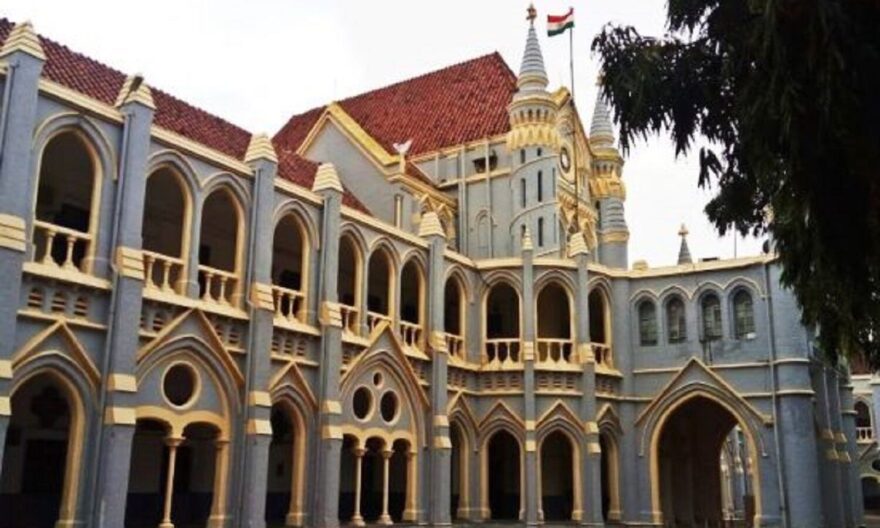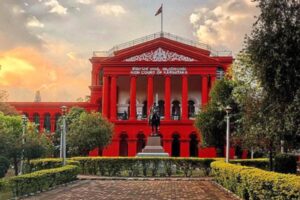
The Madhya Pradesh High Court has granted relief to the South Indian Cultural Association Educational Trust (SICA) in its legal dispute concerning the imposition of property tax. The court has reversed the order issued by a Single Judge, allowing the appellant the chance to present their comprehensive objections before the competent authority.
The case revolves around a plot of land that was leased to SICA by the Indore Development Authority. In 2009, the trust obtained building permission to construct a multi-storey building for educational purposes. According to Section 136 of the M.P. Municipal Corporation Act, 1956, SICA was exempt from paying property tax. However, the respondents issued a notice demanding property tax and other taxes on the land and building.
In response, SICA filed a writ petition, which was disposed of with a direction for the respondents to provide an appropriate opportunity for a hearing and disclose the accurate position regarding the petitioner’s liability to pay the tax. Despite this, the respondents issued a notice demanding arrears of property tax totaling Rs. 85,76,376. The appellant submitted a detailed representation against this demand, but it was rejected by the Deputy Commissioner (Revenue), Municipal Corporation Indore, who upheld the tax demand.
fter the dismissal of the writ petition by the Single Judge, SICA proceeded to file another writ petition challenging the property tax demand imposed by the Deputy Commissioner. However, the Single Judge declined to examine the validity of the order and instead suggested that the appellant pursue the remedy of appeal under Section 184 of the Municipal Corporation Act, 1956.
Seeking a resolution, SICA subsequently filed an appeal under Section 2(1) of the M.P. Uchcha Nyayalaya (Khand Nyaya Peeth Ko Appeal) Adhiniyam, 2005.
During the proceedings, SICA’s legal representative argued that, as a lessee and a charitable trust, the trust is eligible for exemption from property tax payment as per Section 136 of the Act. It was asserted that the demand made by the authority was therefore unlawful. The counsel further emphasized that the authority failed to properly consider the provisions of Section 132 and 136 of the Act pertaining to the property’s ownership and the lessee’s responsibility for property tax payment.
In its decision, the division bench comprising Justices Vijay Kumar Shukla and Anil Verma reviewed the order that imposed property tax on SICA. The bench observed that the authority had neglected to address the various arguments presented by the trust regarding the property’s ownership and the lessee’s liability for property tax payment under the provisions of Section 132 and 136 of the Act.
Consequently, while overturning the challenged order, the bench issued directions for the future course of action. The bench instructed the appellant to submit a comprehensive representation or objection raising all pertinent concerns to the competent authority within 15 days from the date of the judgment. The representation should be accompanied by a deposit of Rs. 10 lakhs. If the appellant fulfills these requirements within the specified time frame, the competent authority must reconsider the matter, taking into account the contentions raised by the appellant. They should provide a reasoned and detailed order, granting the appellant an opportunity to be heard, within one month from the submission of the representation or objection. During this period, no recovery of funds shall be made from the appellant in accordance with the impugned notice. The bench also emphasized that the appellant should not seek any adjournments in the proceedings.
Additionally, the bench clarified that if the appellant fails to submit the representation or objection within 15 days of the judgment, along with the deposit of Rs. 10 lakhs, the respondents are permitted to proceed with the recovery of the amount as per the impugned order and notice.
Finally, the bench concluded by affirming that if SICA remains dissatisfied with the order issued by the competent authority, they are entitled to pursue legal remedies in accordance with the applicable laws and regulations.




